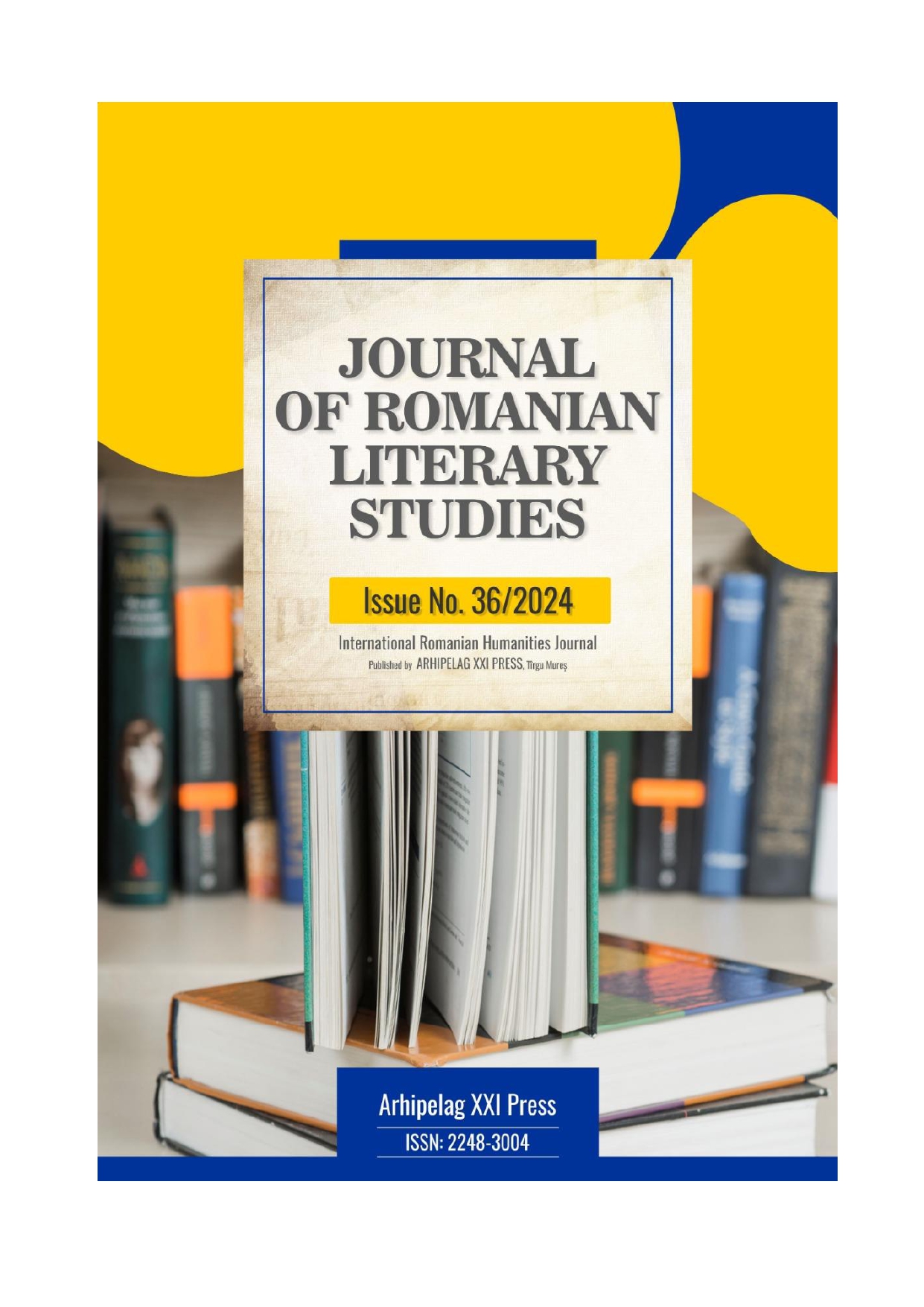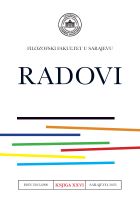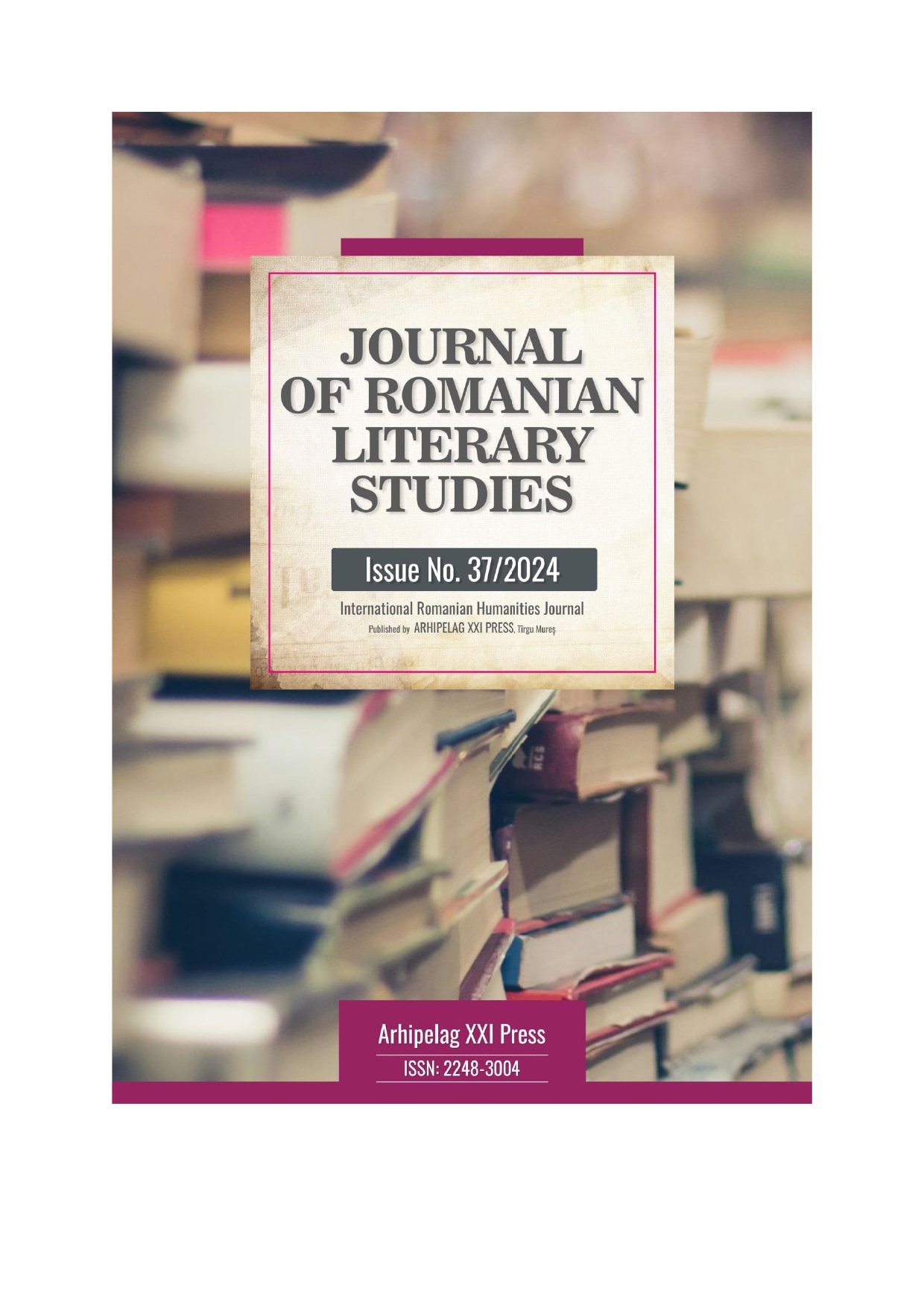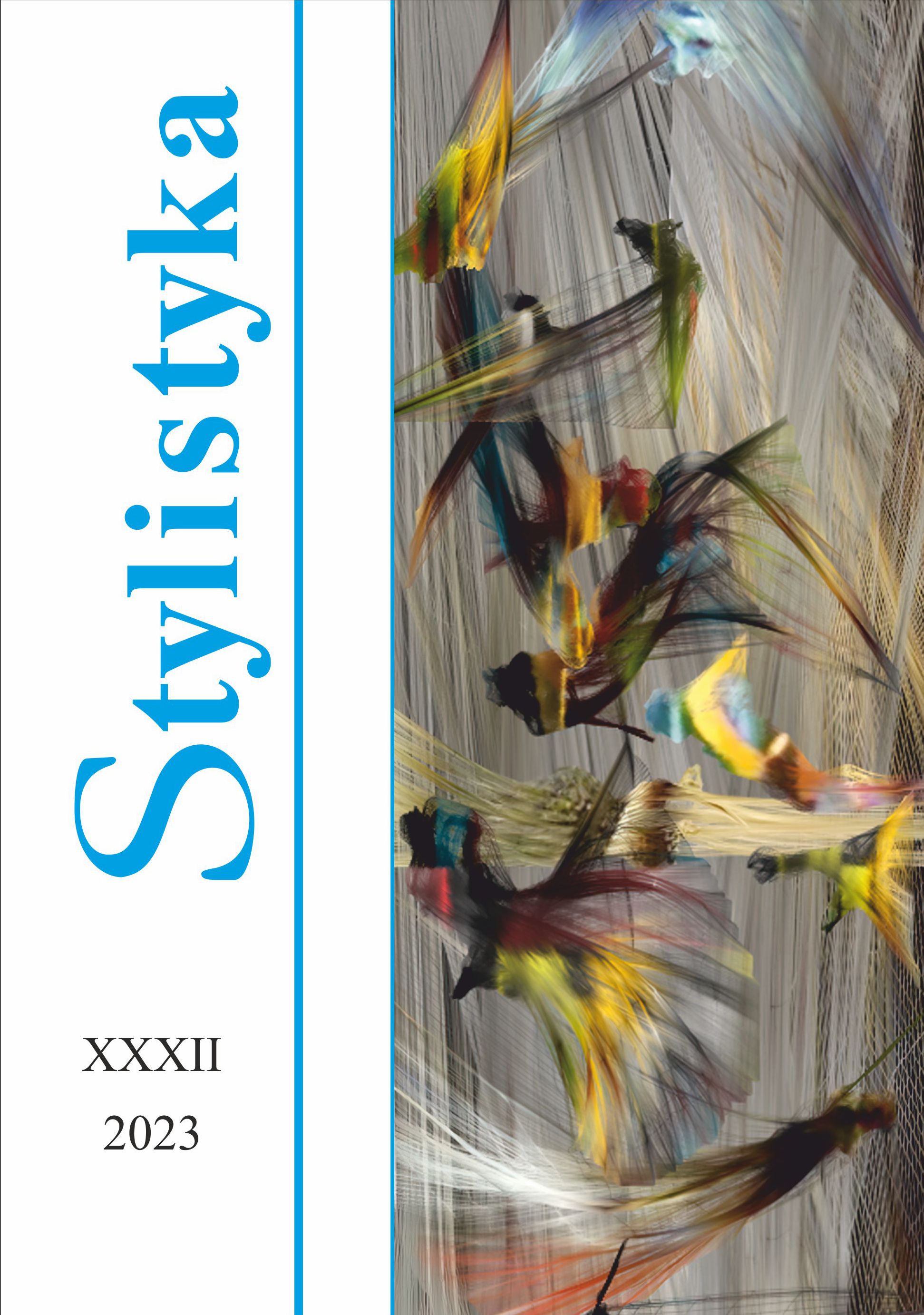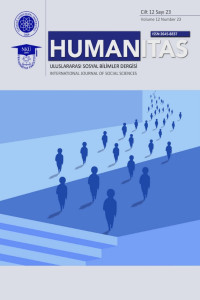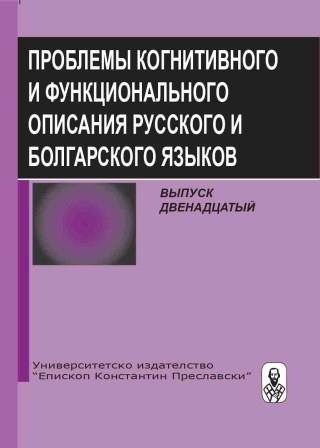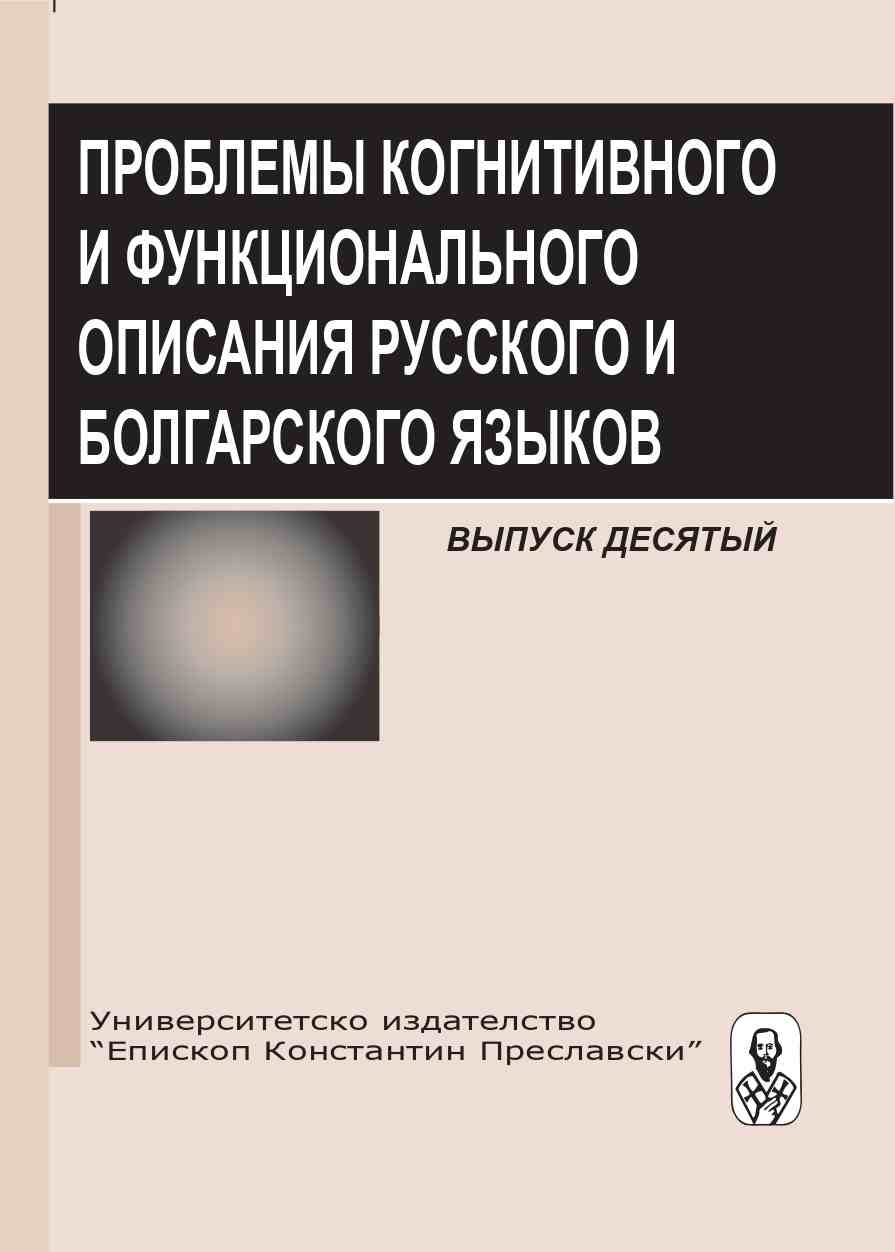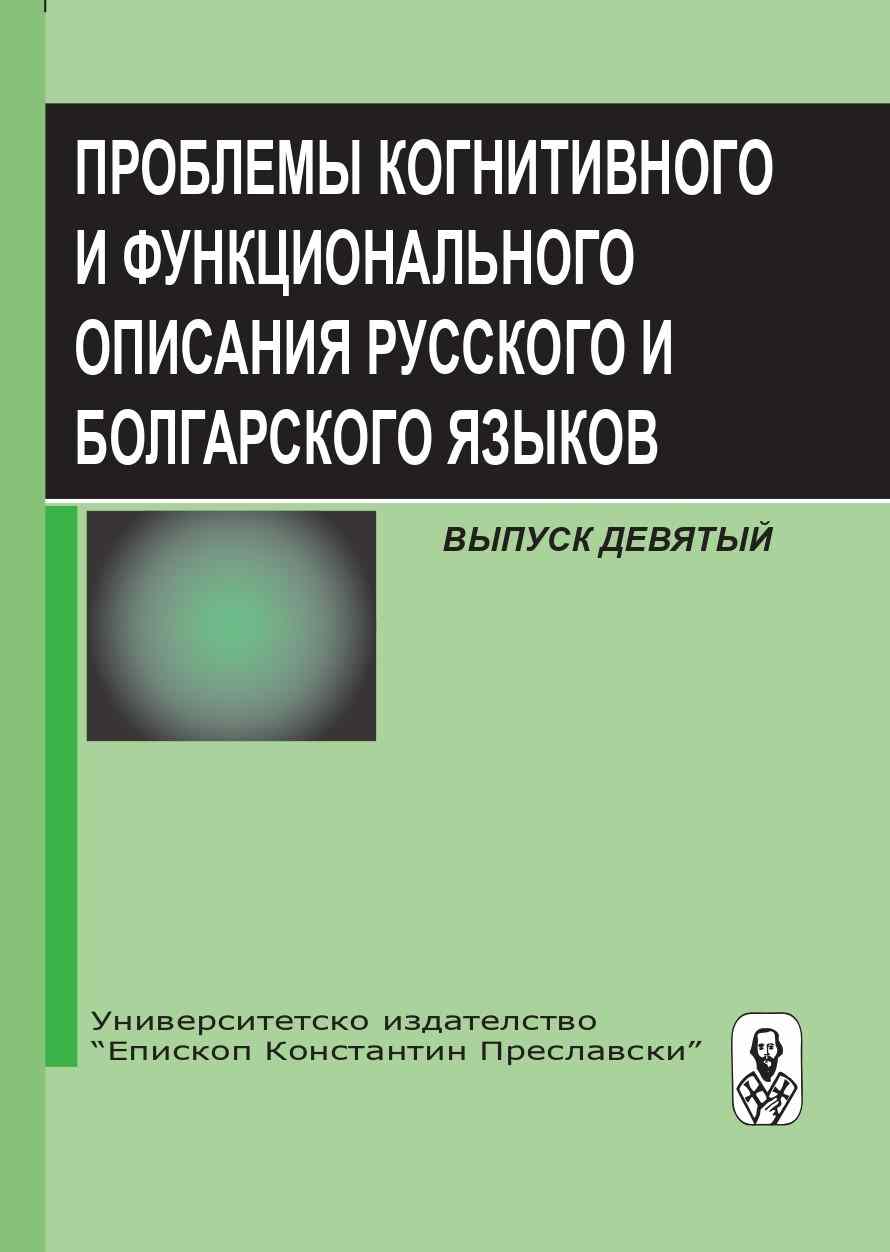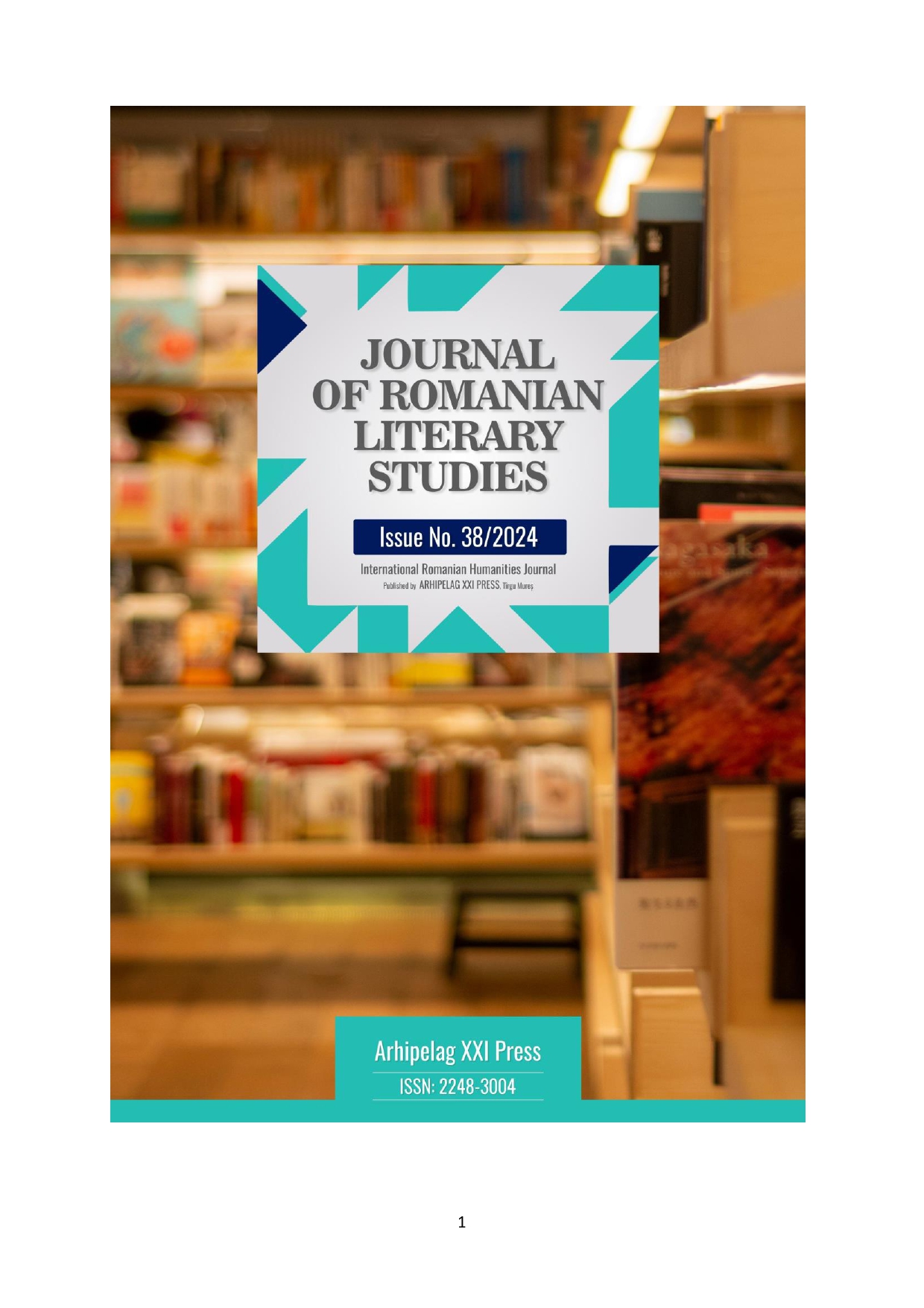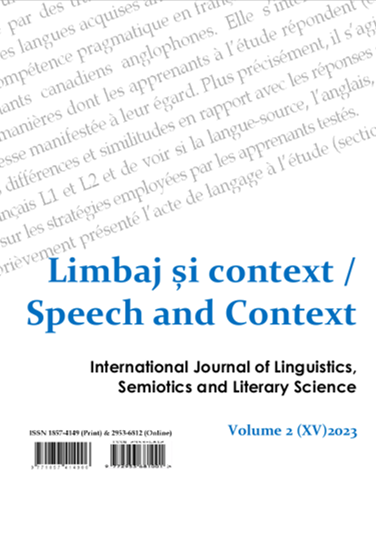
POUR L’ANALYSE DE L’AUDIOVISUEL: CONTRAINTES LINGUISTIQUES ET SÉMIOTIQUES
Our article mainly deals with the constraints relating to the specificities of audiovisual discourse. Admittedly, this one presents itself under a double aspect: the text and the image which lead to a plural interpretation of the whole making the reading more difficult. Our example of audiovisual discourse submitted for analysis is the fable « Le lion et le rat ». Among the studied linguistic elements, we can mention the lexicon and the prosody at the level of the text, and the space and the iconographic codes at the level of the image, aiming to finally arrive at the point of view adopted by the analysis, that of the complementarity of the two signs.
More...
